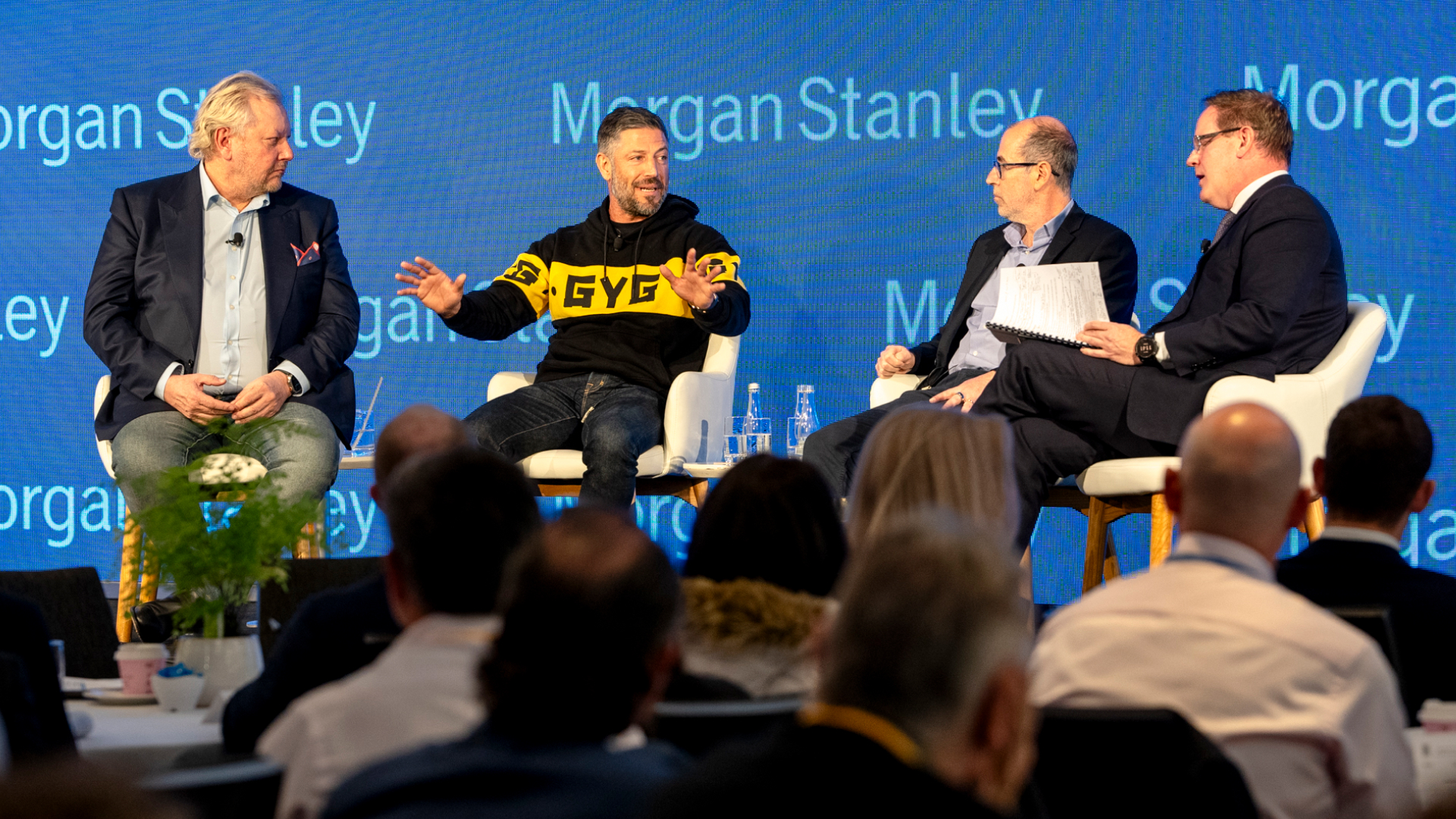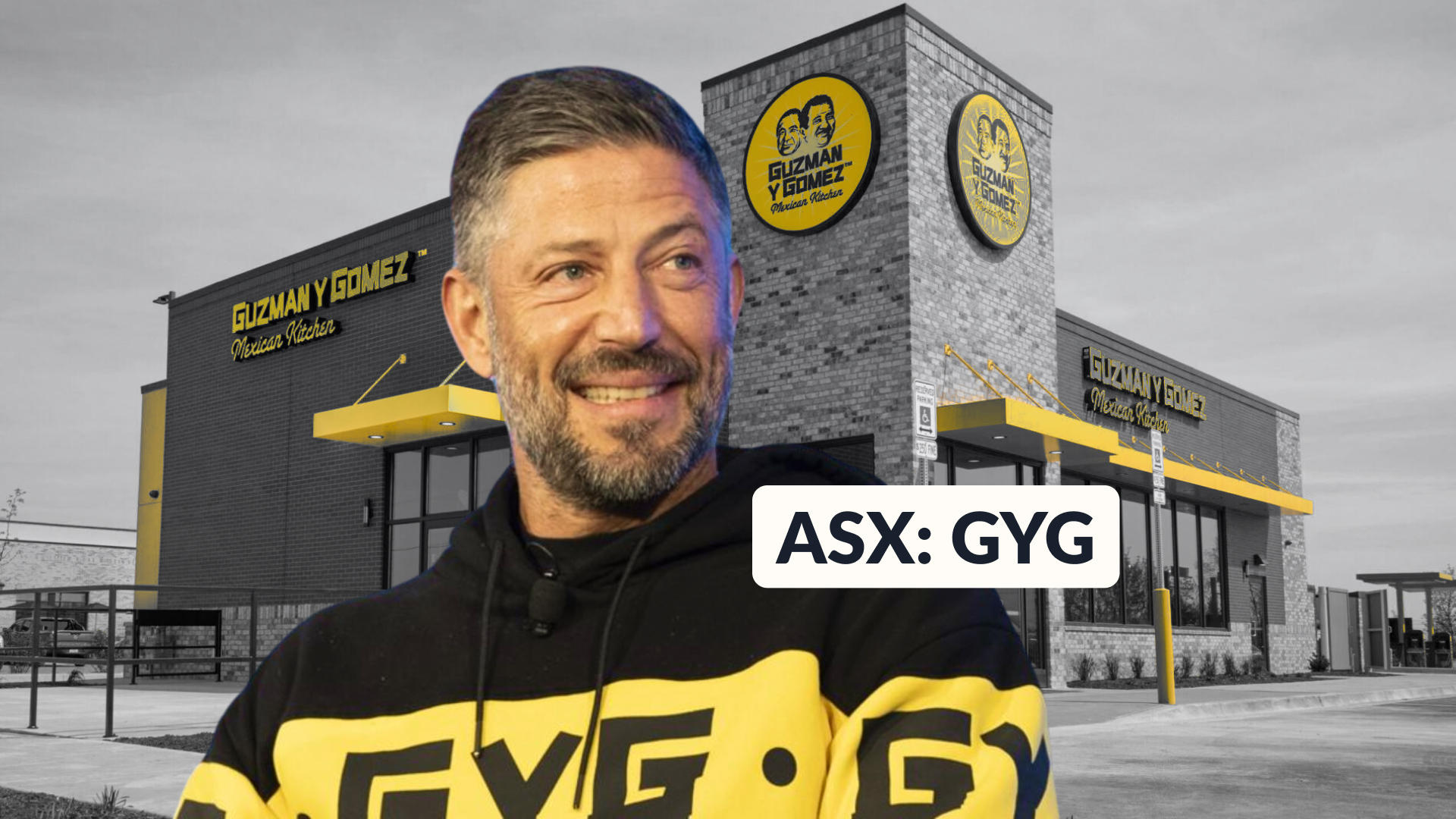The founders of Guzman Y Gomez, Wisetech, and Seek share the secrets to success
Once upon a time, the world’s biggest brands were start-ups. Perhaps it originated in a founder’s garage (hello Apple!), or a tool designed for college students to connect with each other (fond memories Meta!). What makes these companies exceptional? What qualities encouraged people to invest privately and then later through IPOs?
It’s something for investors to think closely about as we watch the US IPO market heat up and a few upcoming standouts in Australia. Add to that, ongoing rumours are swirling that Aussie tech darling Canva is likely to IPO in the US in the next 24 months – co-founder Cliff Obrecht’s quip for a December push did little to dampen fever.
So what are the markers of success?
If you ask the likes of Wisetech (ASX: WTC) CEO and Founder Richard White, Seek (ASX: SEK) and Square Peg co-founder Paul Bassat or the Guzman Y Gomez Co-CEO and Founder Steven Marks, a few qualities stand out. The three founders shared their thoughts at the Morgan Stanley Australia Summit on Wednesday 12 June – you could say the timing was particularly relevant ahead of Guzman Y Gomez’s upcoming IPO on 20 June.
The founder mentality
To start with, there’s a difference between simply being a founder and having a ‘founder mindset’.
“There’s that drive, there’s that growth foundation, but actually, the most important thing is, what do they put first?” says Bassat.
He highlights the ability to make decisions that are right for the long-term needs of the business – even if the decision may seem wrong in the short term. Bassat's Square Peg has backed some real winners in the past including Zeller, Airwallex, and publicly-listed Rokt (NYSE: ROKT).
White added that founders also need to be obsessed with the details, the company, and its industry. It’s a philosophy that has carried him through every time that Wisetech has assessed a potential acquisition target.

When the founder’s mindset extends to the team
Following this, humility and self-awareness are critical.
“If you think you’re good at everything and think you can scale and continue to do everything, and not change the way you work, the business won’t scale,” says Bassat.
That is, founders should be prepared to surround themselves with people who complement their skill sets.
Marks works with a co-CEO, a decision to allow him to focus on his skills.
“I know what I'm good at. I definitely know what I'm not good at,” he says, describing the desire to get back into restaurants rather than being stuck at the back end as initially fuelling the appointment of a co-CEO.
While different skill sets are important, shared values remain critical.
“You develop your team internally, then you bring other people in, but unless they share the same values you can't create value,” says Marks.
White notes that he aligns values within Wisetech by using share-based compensation for 95% of his workforce in their base salary rather than a bonus.
The aligned interests and ownership means “it’s relatively easy to steer the business and adjust the business, and keep it focused on where the growth is coming from and going to come from next,” says White.
Solving problems and asking big questions
Of course, the culture is one thing – success also depends on the business itself – the product or service it is offering.
Each founder agrees that the business needs to answer a problem or question in a unique way. Bassat points out it is a skill in itself to keep working out what the “right questions” are to build and evolve your business and support your client base.
This also means watching changes in the industry and constantly working to do and be better. For example, White comments that Wisetech is always trying to “surf internet waves” with a focus on incorporating innovative tech to make life easier and better for its clients. He’s taking a close look at the potential of AI at the moment, which he describes as a “tsunami, but it can be surfed if you have the right perspective.”
The idea of being unique and doing things differently is something that each founder took into account when setting up businesses – after all, this affects the ability to gain traction in the market, gain market share, and eventually scale to different markets.
Take Seek as an example, it saw a gap for online employment advertising where prospective employees could find everything in one spot rather than trawling company websites and newspapers. Eventually, it incorporated training and education and the business has also expanded to new markets.
“Better is always different – though different is not always better. You should be different by design with the intention to be better,” says White.
“You have to find your differentiator in all the layers of the business, not just in the product, not just in sales,” he adds.
Pricing IPOs
Here’s where it all gets trickier. How do you know if a company about to IPO is correctly valued?
“Great businesses are always expensive,” says Bassat, with White noting that Wisetech has been repeatedly described as expensive since before its IPO – and has continued to grow its share price. Marks is currently facing views that Guzman Y Gomez is expensive at its IPO price.
Companies typically take longer to reach the IPO stage than in the past, which can help prospective investors get a better feel for where they stand in the industry. Guzman Y Gomez, for example, has been trading for 18 years.
Bassat suggests that investors focus on two particular characteristics:
- Profitable unit economics – and look at the real MOAT and differentiation.
- If the company has a large addressable market, it makes sense that it should invest in it to generate further growth.
It’s the same question investors must face with businesses that have been long publicly listed – like the Magnificent Seven. You need to do your research and assess whether the company has what it takes to keep going.
Finally, a few words on Guzman Y Gomez
It would be somewhat remiss not to add a few extra details about Guzman Y Gomez, soon to be listed on the ASX as GYG on 20 June. Press reports note that the offer was heavily oversubscribed.
Marks thinks of his firm as the “McDonald's of this generation”, changing the fast food space.
“You never know what is going to happen in the world. Pandemics, interest rates, but you’ve still got to eat,” he says.

Brokers are mixed on this one.
Morningstar argues there is “some uncertainty around the company’s long-term ambitions”, with the view it lacked the true competitive advantages that a competitor like McDonalds might have.
On the flip side, a range of big investors have already subscribed, suggesting optimism about the company’s future, including the likes of Aware Super, Cooper Investors, Hyperion Asset Management, Firetrail Investments and QVG Capital.
You can find out more at Guzman Y Gomez’s investor centre website. You can subscribe to get alerts at Market Index. You can also find a list of upcoming ASX IPOs here.
Livewire was a guest at the Morgan Stanley Australia Summit.
Information is everywhere; true insight is rare.
Morgan Stanley brings knowledge and experience from across the globe to make sense of the issues that matter. For all their latest insights, please visit the Morgan Stanley website
3 topics
4 stocks mentioned

